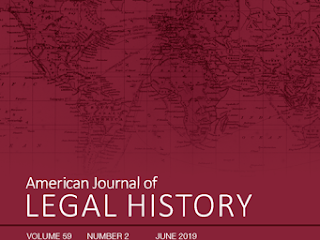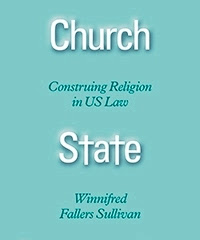Jud Campbell, University of Richmond School of Law, has posted Constitutional Rights Before Realism, which appears in the University of Illinois Law Review 2020: 1433-1454:
–Dan ErnstThis Essay excavates a forgotten way of thinking about the relationship between state and federal constitutional rights that was prevalent from the Founding through the early twentieth century. Prior to the ascendancy of legal realism, American jurists understood most fundamental rights as a species of general law that applied across jurisdictional lines, regardless of whether these rights were constitutionally enumerated. And like other forms of general law, state and federal courts shared responsibility for interpreting and enforcing these rights. Nor did the Fourteenth Amendment initially disrupt this paradigm in ways that we might expect. Rather than viewing rights secured by the Fourteenth Amendment as distinctively “national,” most early interpreters thought that these rights remained a species of general law. For several decades, debates instead focused on the extent to which these rights were enforceable in federal court, akin to the way that federal courts could hear general-law claims in diversity-jurisdiction cases. It was only with the rise of legal realism that American jurists began to conceptualize fundamental rights distinctively in terms of state (constitutional) law and federal (constitutional) law and to divide interpretive authority into state and federal spheres.
Stephen J. Field (LC)








